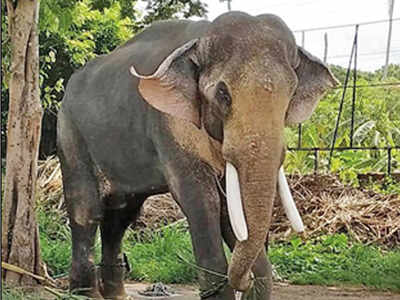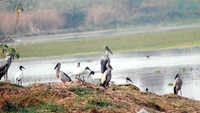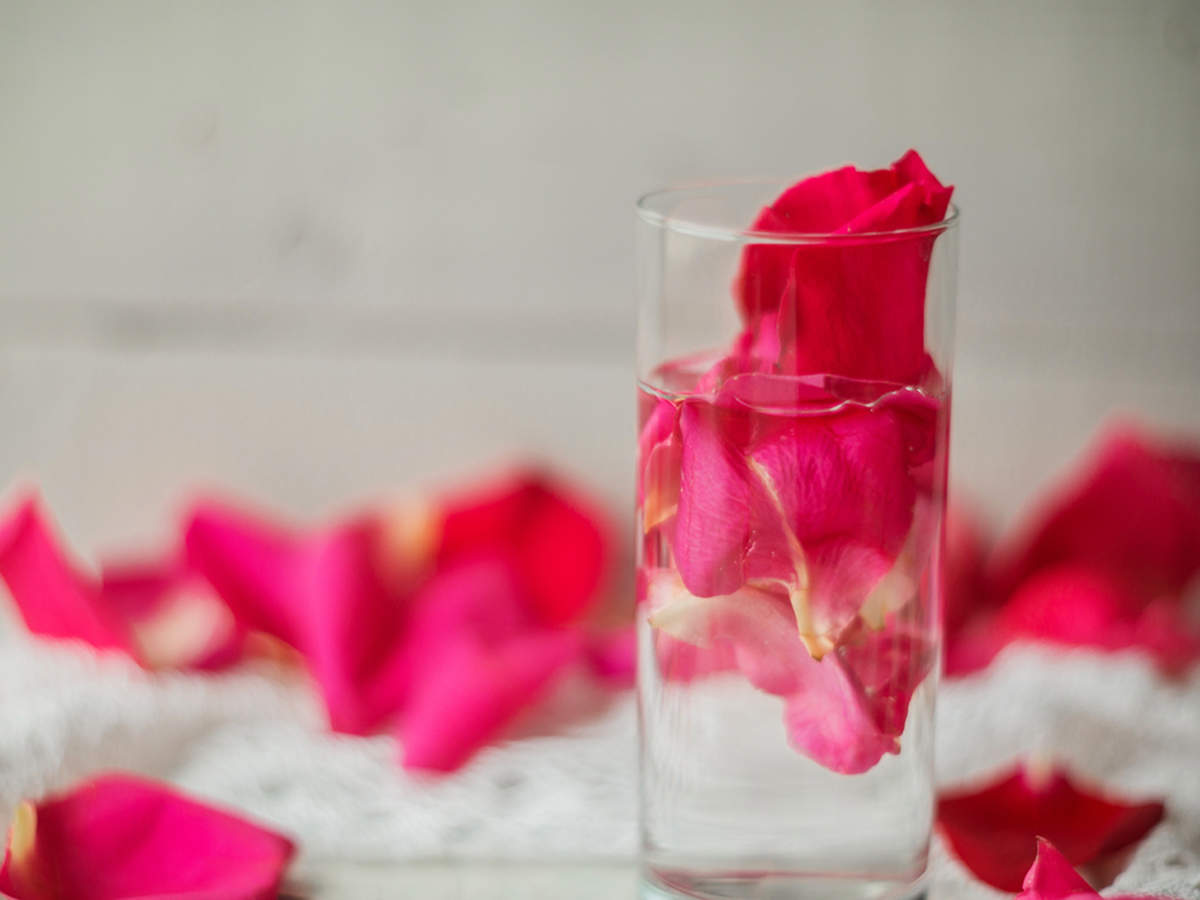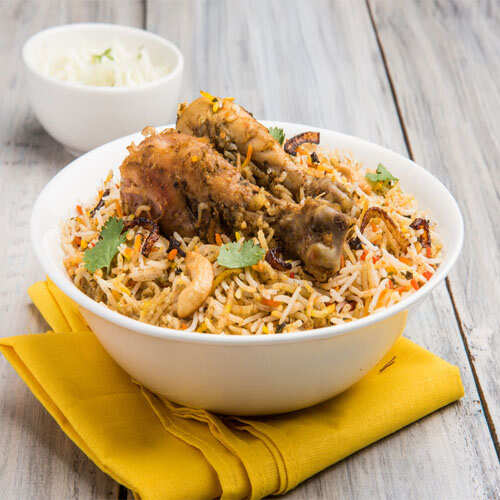
GUWAHATI: The state police may seek the help of the forest department to record the status of domesticated elephants in Assam as their tusks are increasingly finding their way into the region's growing smuggling rackets that deal in animal body parts, police sources said on Thursday.
Police fear the racket may be targeting domestic elephants for their tusks. A top state police official said, "There are hundreds of domesticated jumbos in the state and many of them have their tusks intact. Usually, the forest department keeps a track of these animals, but in many cases, owners sell off tusks for money."
Sources added that despite the department seizing tusks of domesticated elephants after their deaths as a precautionary measure, there were allegations that many owners did not inform the department about the deaths of their elephants and sold off the tusks.
"About a third of the length of the tusk lies inside the elephant's skull, which is why ivory hunters kill the elephant instead of just cutting off the tusk. There were reports that sometimes procedures of tusk seizures were also not followed carefully and portions of the tusk were left in the body enabling illegal traders to have their fill," said sources.
Recently, the Golaghat police recovered a tusk, weighing around 2.8 kg and nabbed one person involved in ivory smuggling from Matikhola, bordering Jorhat, about 305 km from here.
"Investigators have been looking for records of elephant-hunt in nearby areas, including the Kaziranga National Park. However, no such incident was reported recently. There is a possibility that the recovered tusk was the tusk of a domesticated elephant, whose death was not reported," the police said.
Earlier in January, in a joint operation, Customs and the Wildlife Crime Control Bureau sleuths had seized six pieces of elephant tusks in an operation in Udalguri district. The tusks weighed around 13 kg with an approximate value of Rs 1.5 crores in the international market.
Besides traditional medicines, tusks are used in making jewellery, billiards balls, piano keys, identification chops and many other items of luxury.
Police fear the racket may be targeting domestic elephants for their tusks. A top state police official said, "There are hundreds of domesticated jumbos in the state and many of them have their tusks intact. Usually, the forest department keeps a track of these animals, but in many cases, owners sell off tusks for money."
Sources added that despite the department seizing tusks of domesticated elephants after their deaths as a precautionary measure, there were allegations that many owners did not inform the department about the deaths of their elephants and sold off the tusks.
"About a third of the length of the tusk lies inside the elephant's skull, which is why ivory hunters kill the elephant instead of just cutting off the tusk. There were reports that sometimes procedures of tusk seizures were also not followed carefully and portions of the tusk were left in the body enabling illegal traders to have their fill," said sources.
Recently, the Golaghat police recovered a tusk, weighing around 2.8 kg and nabbed one person involved in ivory smuggling from Matikhola, bordering Jorhat, about 305 km from here.
"Investigators have been looking for records of elephant-hunt in nearby areas, including the Kaziranga National Park. However, no such incident was reported recently. There is a possibility that the recovered tusk was the tusk of a domesticated elephant, whose death was not reported," the police said.
Earlier in January, in a joint operation, Customs and the Wildlife Crime Control Bureau sleuths had seized six pieces of elephant tusks in an operation in Udalguri district. The tusks weighed around 13 kg with an approximate value of Rs 1.5 crores in the international market.
Besides traditional medicines, tusks are used in making jewellery, billiards balls, piano keys, identification chops and many other items of luxury.
World Cup 2019
Trending Topics
LATEST VIDEOS
More from TOI
Navbharat Times
Featured Today in Travel
Quick Links
Lok Sabha Election Schedule 2019Lok Sabha Election NewsDelhi Capitals teamMI team 2019Rajasthan Royals 2019RCB team 2019Maharashtra Lok Sabha ConstituenciesBJP Candidate ListBJP List 2019 TamilnaduShiv Sena List 2019AP BJP List 2019Mamata BanerjeeBJP List 2019 MaharashtraPriyanka GandhiBJP List 2019 KarnatakaAMMK Candidate List 2019BJP List 2019 WBLok Sabha Elections in Tamil NaduBSP List 2019 UPNews in TamilLok Sabha Poll 2019Satta Matka 2018PM ModiMahagathbandhanNagpur BJP Candidate ListChandrababu NaiduTamil Nadu ElectionsUrmila MatondkarNews in TeluguMadras High CourtTejashwi YadavArvind KejriwalTejasvi SuryaPawan KalyanArvind KejriwalYogi AdityanathJaya PradaSatta King 2019Srinagar encounter
Get the app







